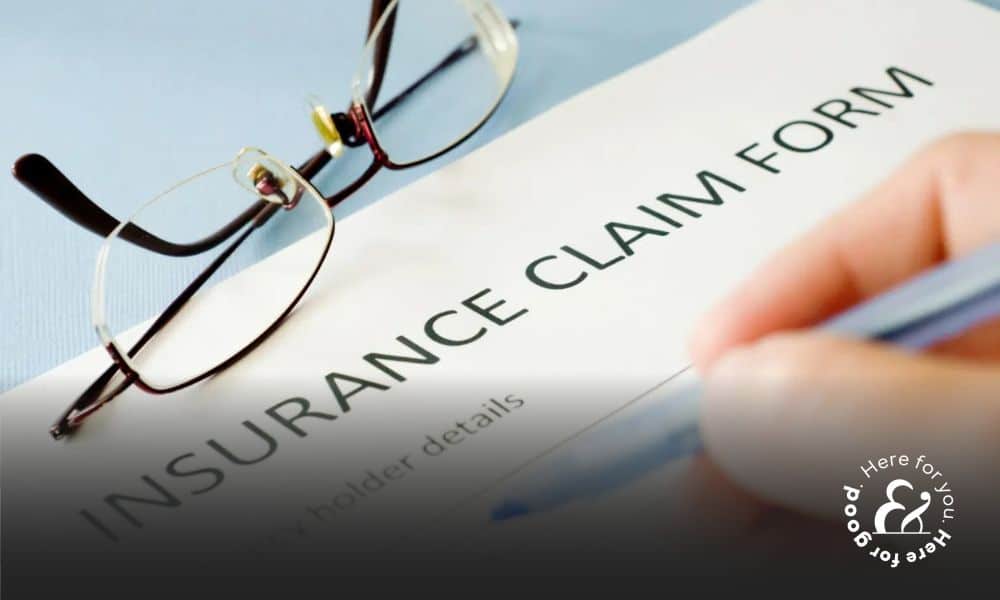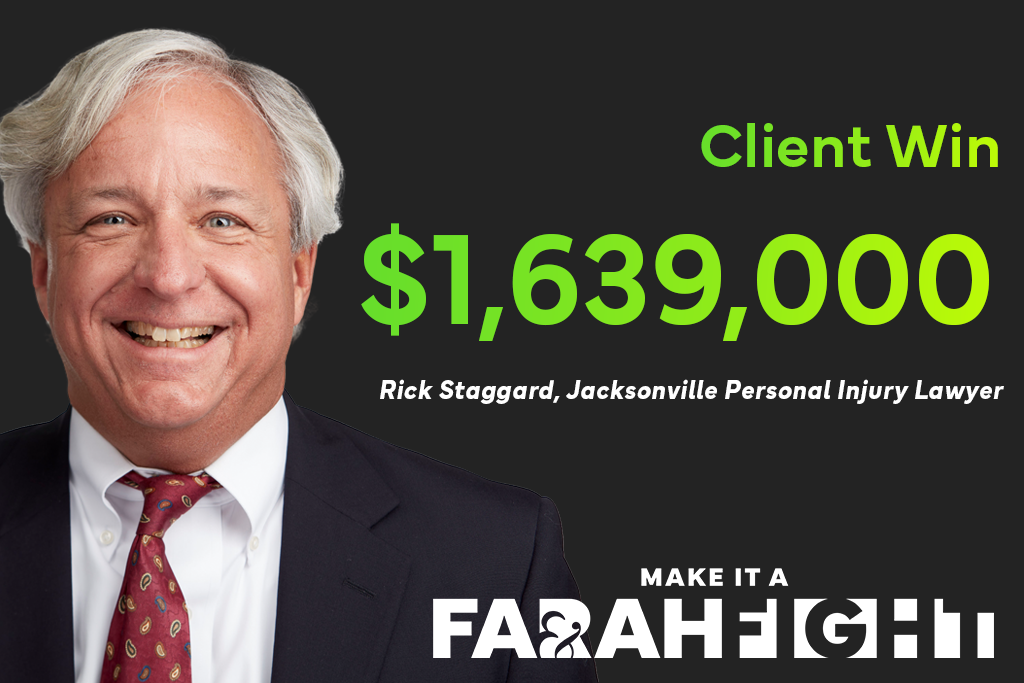With both Hurricane Helene and Hurricane Milton having hit the Gulf Coast of Florida back-to-back this hurricane season, many homeowners will be filing claims with their insurance companies for damage caused by one or both of the hurricanes. However, the process may be different than what you remember thanks to a new law that was passed in 2022, which was designed to overhaul the Florida insurance industry in order to combat problems negatively affecting both the insurance companies and homeowners.
What Is SB 2-D?
In 2022, the Florida Legislature passed Senate Bill 2-D (SB 2-D) to address growing issues within the state’s homeowners’ insurance industry in the wake of frequent devastating hurricanes. This law brings significant changes to how insurance companies operate, process claims, and interact with policyholders with the intent of reducing fraud and stabilizing rising insurance premiums.
Why Did Florida Lawmakers Pass SB 2-D?
Frequent hurricanes and an influx of fraudulent roofing claims resulted in insurance companies having to pay out billions in claims, which in some cases drove the insurers toward bankruptcy, with some choosing to exit the insurance market entirely. This in turn led to skyrocketing insurance premiums, with homeowners facing double-digit rate increases as the costs were passed on to them. On top of that, some insurance companies were delaying or underpaying claims, leaving homeowners vulnerable, particularly after storms.
Key Provisions of Florida Senate Bill 2-D
Senate Bill 2-D (SB 2-D) includes several provisions aimed at addressing issues within Florida’s homeowners’ insurance market. While some provisions of this law are beneficial to homeowners, like tighter deadlines for insurance companies to process claims, others may have unintended negative consequences for Florida homeowners.
Stricter Deadlines for Insurance Claims Processing
One of the major provisions that positively impacts Florida homeowners from SB 2-D is the establishment of stricter deadlines for insurance companies when handling claims, particularly in the wake of hurricanes. These deadlines are designed to ensure that homeowners aren’t left waiting for extended periods after filing a claim for hurricane damage. Delaying claims is a tactic that some insurance companies use to push homeowners to accept a lowball offer out of desperation and this bill sought to prevent that.
What Are the New Deadlines for Insurance Companies?
Within 14 days of the claim being filed, the insurance company must acknowledge receipt of the claim and, within that same 14-day period, begin investigating the claim. The entire investigation must be completed within 90 days, and a decision to pay or deny the claim must be made by the end of that 90 days, barring any uncontrollable circumstances that could justify a delay.
What Uncontrollable Circumstances Could Justify a Delay in Insurance Claims Processing?
The following are some examples of mitigating circumstances that could justify a delay:
- Power outages
- Communication failures due to damaged communication infrastructure
- Restricted access to the damaged area
- A high volume of claims
- Shortage of claims adjusters
- Lack of resources
- Claim complexity
Any of the above could mean that the insurance company can delay a claim without incurring a penalty. However, insurers are still obligated to communicate any delays to the policyholder and provide reasonable explanations for those delays. If the delay seems unreasonable, you may want to seek legal counsel.
What Happens if the Insurance Company Misses the Deadline?
If your insurance company misses the deadline without qualifying extenuating circumstances, they may face legal and monetary penalties. For example:
- Interest penalties on the unpaid claim amount
- Bad faith claims
- Potential lawsuits
- Regulatory action from the Florida Office of Insurance Regulation (OIR)
For homeowners, it’s important to document all communications and actions taken regarding the claim. If the insurer is unresponsive or delays unreasonably, consulting an attorney may help ensure that your rights are protected and that the insurance company is held accountable.
How Does This Affect Me?
Quicker claims processing means that insurance companies can’t delay a claim in the hopes that a homeowner will just accept a lowball offer out of desperation. It’s still possible for an insurance company to lowball an offer, however. But you would find out sooner and have more time for negotiation and to contact an attorney to represent you if need be.
Alternative Dispute Resolution Process
SB 2-D introduces an alternative dispute resolution (ADR) process, such as mediation or arbitration, to help homeowners and insurers resolve disputes over claims more quickly and efficiently. This provision is intended to reduce the burden on the court system and provide a faster path to resolution, especially in cases where disagreements over coverage or payment amounts arise.
How Does This Affect Me?
Homeowners who are in dispute with their insurance company have more alternatives to a lawsuit in order to resolve the issue. An attorney can help with both mediation and arbitration so that you have someone on your side during the process. A lawsuit is also still an option when necessary, though.

If you were injured in an accident due to someone else’s negligence, Farah & Farah is here for you. We’ve relentlessly fought for the right to compensation for our clients and their families since 1979.
Legal Fees Reform
SB 2-D makes changes to Florida’s “one-way attorney fee” rule, which previously allowed policyholders to automatically recover their attorney’s fees if they sued their insurer and won any portion of the case. The reform narrows the circumstances under which homeowners can recover legal fees, aiming to reduce frivolous lawsuits that drive up costs for insurers and ultimately for policyholders.
How Does This Affect Me?
If you have to sue your insurer over a hurricane claim, you may not be able to recover attorney fees unless you fully win the case. While this change is designed to reduce frivolous lawsuits, it could make it more costly for homeowners to pursue legal action against their insurers. In particular, it negatively impacts homeowners with smaller claims, who may lose out on recovering the full amount owed because they find going to court not worth it.
Roofing Claims and Repairs
SB 2-D included several revisions pertaining to roofing, ranging from insurance deductibles to contractor advertising.
Separate Insurance Roof Deductible
SB 2-D allows insurance companies to offer policies that include separate deductibles for roof damage caused by hurricanes. This provision was designed to address the high volume of roof-related claims after storms, which were driving up premiums across the state. By allowing for a distinct deductible just for roof damage, insurers can lower the base premium while shifting more responsibility for roof repairs to the homeowner.
How Does This Affect Me?
If your roof is damaged during a hurricane you may have to pay a separate, higher deductible before your insurance kicks in to cover roof repairs. This provision could mean higher upfront costs for homeowners who suffer roof damage but potentially lower premiums for policies with this feature. The roof deductible is exclusive to roof damage, so there would be a separate deductible for other types of property damage and the roof deductible may still apply even if you’ve otherwise met your standard deductible.
If your home sustains damage from a hurricane that affects multiple parts of the structure (e.g., roof, siding, windows), you might have to pay both the roof deductible and the standard deductible depending on the policy terms.
Contractor Advertising and Fraud Prevention
SB 2-D places strict restrictions on how contractors can advertise, particularly when soliciting homeowners for roof repairs. The bill prohibits contractors from promising homeowners things like “free roofs” through insurance or offering rebates and incentives to file claims. Fraudulent or exaggerated claims were leading to higher costs for insurers, which in turn led to higher premiums for homeowners across the state.
How Does This Affect Me?
This provision protects you from being drawn into fraudulent schemes after a hurricane. Be cautious when contractors offer to handle insurance claims and always verify their credentials. This law ensures that contractors don’t inflate claims, which can lead to insurance issues.
Prohibition on Denying Coverage Based Solely on Roof Age
The bill prevents insurance companies from denying coverage on the sole basis of a roof’s age, provided the roof is less than 15 years old. This provision was implemented in response to insurers increasingly denying claims or refusing coverage on older roofs, even when the roofs were still in good condition. The law aims to provide more fairness to homeowners by protecting them from losing coverage or having claims rejected simply because of the age of their roof.
How Does This Affect Me?
If your roof is more than 15 years old, you can’t be denied coverage just because of its age. This provision ensures that even homeowners with older roofs are protected after hurricanes when roof damage is common.
Increased Reinsurance Support
The bill provides $2 billion in reinsurance support to help stabilize Florida’s insurance market. Reinsurance is essentially insurance for insurance companies, providing a financial safety net for insurers in case of large-scale disasters. After a series of costly hurricanes, many insurers faced financial collapse, leading to insolvencies and reducing competition in the market. The state’s reinsurance program aims to prevent more companies from going under, which would ultimately hurt homeowners who rely on them to pay out claims.
How Does This Affect Me?
This provision helps prevent insurance companies from going bankrupt after major hurricanes, which could leave policyholders without coverage. It’s designed to prevent further premium increases by keeping insurers financially stable after large-scale events.
Prohibiting Assignment of Benefits (AOB) Abuses
The bill places restrictions on the Assignment of Benefits (AOB) process, which allows homeowners to sign over their insurance claim rights to contractors. While AOB is still allowed, the bill cracks down on abuses where contractors would take over claims, inflate repair costs, and file lawsuits against insurers, often without the homeowner’s knowledge. This has contributed to rising litigation costs and higher premiums. Under SB 2-D, AOB agreements are now more strictly regulated to protect both insurers and homeowners from these abusive practices.
How Does This Affect Me?
You are still allowed to use AOB agreements but under stricter regulations. This change protects you from contractors who might inflate the cost of repairs, which could cause your insurance premiums to rise in the future. It ensures that any repairs are done fairly and within reasonable cost limits.
Citizens Property Insurance Requirements
The bill requires policyholders with Citizens Property Insurance Corporation, Florida’s state-backed insurer, to purchase flood insurance, even if they live outside designated high-risk flood zones. This provision is meant to ensure that policyholders have comprehensive coverage in the event of hurricanes, which often bring heavy flooding. Previously, many Citizens policyholders were underinsured for flood damage.
How Does This Affect Me?
If you have a Citizens policy, you will now be required to carry flood insurance, regardless of where your home is located. This provision helps ensure you are covered for flooding caused by hurricanes, but it also means higher insurance costs for homeowners.
Encouraging Insurance Policy Transparency
The bill requires insurance companies to provide clearer and more transparent policy language to their customers. Insurers must make policy details, such as coverage limits, exclusions, and deductibles, more easily understandable. This is meant to reduce confusion among homeowners about what is and isn’t covered under their insurance, helping them make more informed decisions and preventing disputes during the claims process.
How Does This Affect Me?
This provision gives you clearer, more understandable information about what your policy covers. You will know exactly what is and isn’t covered in the event of a hurricane, reducing the chances of disputes or misunderstandings during the claims process.
Farah & Farah Is Here if You Have Insurance Questions
If you have any questions about your insurance policy and how the SB 2-D provisions change things for you, don’t hesitate to contact Farah & Farah. We’re here to help you 24/7 and stand by your side to hold insurance companies accountable. This law has many provisions designed to help homeowners, but insurance companies may still try to get out of paying what they owe. You won’t have to pay a thing unless your case is successful, so contact us today for a free consultation.










